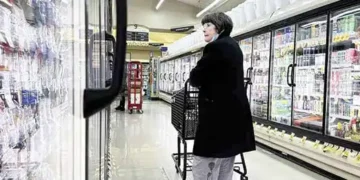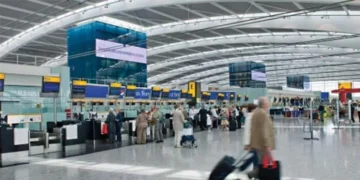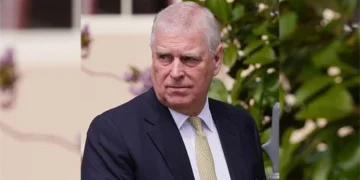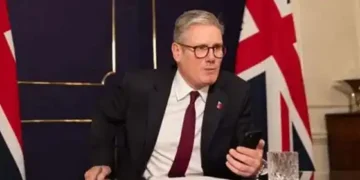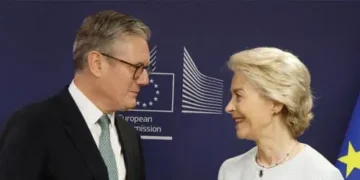Blitz Bureau
UK inflation unexpectedly dipped in December, raising expectations of an interest rate cut next month, according to a BBC report on January 15. Prices rose 2.5 per cent in the year to December, down from 2.6 per cent the month before, marking the first fall in inflation for three months.
The drop was driven by hotel prices falling and smaller rises in airfares than usual, but prices continue to rise faster than the Bank of England’s target.
However, the latest figures ease pressure on Chancellor Rachel Reeves, who has faced criticism following a fall in the value of the pound and Government borrowing costs hitting the highest level for several years.
“If it stays like this, we will be on route to slightly more interest rate cuts,” Michael Saunders, a former member of the Bank of England’s monetary policy committee which sets interest rates, said. The Bank of England decided to hold interest rates at 4.75 per cent last month, after policymakers said the UK economy had performed worse than expected, with no growth at all between October and December.
But Ruth Gregory, deputy chief UK economist at Capital Economics, said the inflation figure “strengthens the case” for a cut to 4.5% next month. Investors have also increased bets on the likelihood of a reduction. Inflation is much lower than its peak in October 2022 when prices soared, pushing up the cost of living for households and leading to higher interest rates, which has made the cost of loans, credit cards and mortgages, more expensive.
Chancellor Reeves said there was “still work to be done to help families across the country with the cost of living”, but added the Government had “taken action to protect working people’s payslips from higher taxes” and increased the minimum wage.
But shadow chancellor Mel Stride said economic growth had been “killed stone dead by this government” and called for Reeves to “urgently explain how she will now achieve this”.
